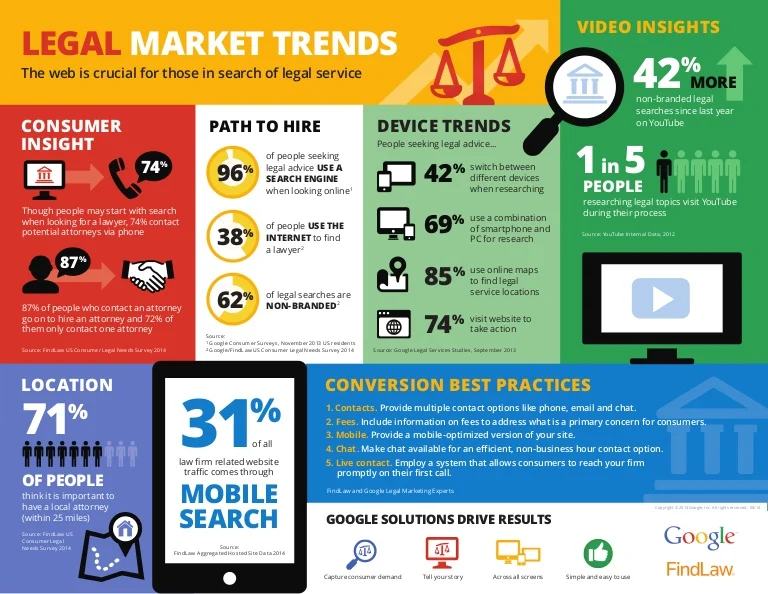The Rate Of Deception: A Financial Evaluation Of Clerical Criminal Activity'S Effects
The Rate Of Deception: A Financial Evaluation Of Clerical Criminal Activity'S Effects
Blog Article
trial lawyers near me -Vance Heller
Picture an excellent yard, very carefully nurtured over years, full of vivid blossoms and lavish plant. Currently, photo a throng of dangerous insects calmly penetrating this place, gnawing away at the roots and flowers, leaving behind a trail of damage.
This metaphor appropriately captures the cost of clerical criminal activity, a sneaky menace that penetrates our economic climate with devastating repercussions. As you enter this conversation, prepare to uncover the concealed economic influence of clerical criminal activity and the far-ranging consequences that stick around long after the wrongdoers have actually disappeared from the scene.
The Financial Toll of Clerical Criminal Offense
Clerical crime exacts a hefty economic toll on individuals, services, and the general economic climate. It isn't simply a victimless criminal offense or a minor trouble. The effects are far-reaching and disastrous.
When individuals succumb to clerical criminal offense, they usually shed their life savings, their homes, and their sense of security.
Organizations, on the other hand, suffer substantial financial losses due to fraud, embezzlement, and various other forms of clerical criminal offense. These criminal activities lead to lowered earnings, damaged online reputations, and also bankruptcy in many cases.
In addition, the economic climate overall suffers as clerical criminal activity undermines rely on the economic system, reduces consumer self-confidence, and hampers financial growth.
The economic toll of white collar criminal offense can't be ignored, and it's critical that we take solid actions to stop and combat this kind of criminal activity.
The Disintegration of Count On Institutions
The disintegration of trust in institutions issues of clerical crime that has far-reaching implications for people and society. When white collar criminal activities are dedicated by people ready of power and authority, it weakens the trust that people have in those organizations.
This disintegration of trust can have a number of adverse results:
- ** Loss of faith in the justice system **: When individuals see those in effective settings escaping white collar crimes, it can lead to a loss of belief in the justice system. Individuals may really feel that there's a lack of accountability for those that commit such criminal offenses, which can deteriorate rely on the lawful system.
- ** Reduced click the up coming document in banks **: White collar criminal offenses frequently involve economic scams and control. When individuals or organizations are found guilty of such criminal activities, it can bring about a decline in confidence in banks. This can have an adverse effect on the economic climate as individuals may be reluctant to spend or trust these institutions with their money.
- ** Weakening of social fabric **: Rely on organizations is a fundamental column of an operating society. When that depend on is worn down, it can lead to a weakening of the social fabric. People may end up being more cynical and hesitant of establishments, which can lead to a failure in social cohesion and teamwork.
Long-Term Economic Consequences
Loss of rely on establishments as a result of white collar criminal activity can have lasting financial repercussions.
When individuals and companies lose faith in the integrity of establishments, they might become reluctant to invest or engage in economic tasks. This lack of trust fund can lead to a decline in customer spending, as people become much more careful with their cash.
In addition, organizations might hesitate to develop collaborations or participate in contracts, fearing that they'll be benefited from by unscrupulous people.
The long-lasting economic consequences of this loss of trust can consist of slower economic growth, minimized work development, and reduced market competition. It's critical for institutions to address white collar crime and bring back trust in order to protect the long-term economic wellness of a country or region.
Conclusion
Finally, the economic influence of white collar criminal offense is astonishing, with repercussions that reach far beyond just monetary losses. It erodes the trust we put in our establishments, leaving a void that's tough to fill up.
Like an unrelenting tornado, white collar crime leaves a long-term mark on our economy, leaving us to grapple with its aftermath for many years ahead.
